
Erin Garcia de Jesús is a staff writer at Science News. She holds a Ph.D. in microbiology from the University of Washington, where she studied virus/host co-evolution. After deciding science as a whole was too fascinating to spend a career studying one topic, she went on to earn a master’s in science communication from the University of California, Santa Cruz. Her writing has appeared in Nature News, Science, Eos, Smithsonian Voices and more, and she was the winter 2019 science writing intern at Science News.

Trustworthy journalism comes at a price.
Scientists and journalists share a core belief in questioning, observing and verifying to reach the truth. Science News reports on crucial research and discovery across science disciplines. We need your financial support to make it happen – every contribution makes a difference.
All Stories by Erin Garcia de Jesús
-
 Health & Medicine
Health & MedicineWhat experts know so far about the delta variant
The variant, which first emerged in India, is outcompeting other highly transmissible forms of the coronavirus as it spreads around the world.
-
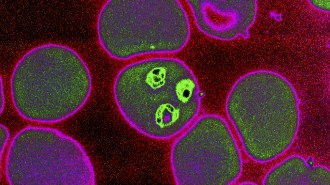 Health & Medicine
Health & MedicineA malaria vaccine with live parasites shows promise in a small trial
After taking anti-malarial drugs after each vaccine dose to clear the parasite from the body, volunteers appeared well-protected from infection.
-
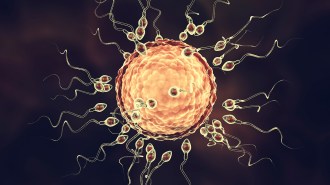 Genetics
GeneticsEmbryos appear to reverse their biological clock early in development
A new study suggests that the biological age of both mouse and human embryos resets during development.
-
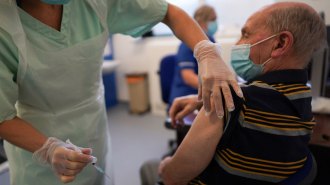 Health & Medicine
Health & MedicineHere’s what you should know about COVID-19 vaccine booster shots
No one knows if coronavirus booster shots will be necessary. But researchers are working on figuring that out.
-
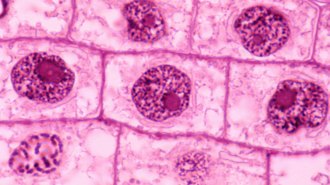 Life
LifeCells cram DNA into the nucleus in two distinct ways
Heat maps of cell nuclei show that some cells pack chromosomes that look like crumpled balls of paper, while others are neatly stacked.
-
 Health & Medicine
Health & MedicineAfter 40 years of AIDS, here’s why we still don’t have an HIV vaccine
The unique life cycle of HIV has posed major challenges for scientists in the search for an effective vaccine.
-
 Health & Medicine
Health & MedicineHere are answers to 3 persistent questions about the coronavirus’s origins
Calls to double down on investigations into where SARS-CoV-2 came from — nature or a lab accident — are rising as answers remain scarce.
-
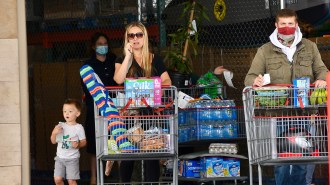 Health & Medicine
Health & MedicineThe CDC’s changes to mask guidelines raised questions. Here are 6 answers
Experts weigh in on the U.S. CDC’s recommendation fully vaccinated individuals removing masks indoors and what it means for the pandemic’s future.
-
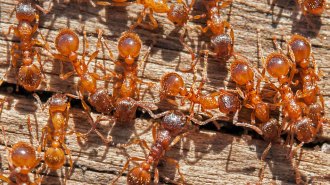 Life
LifeEuropean fire ant chemicals may send spiders scurrying away
Black widows and some other common spider species avoid spaces where fire ants once roamed, suggesting the insects could inspire a spider repellent.
-
 Health & Medicine
Health & MedicineAs the COVID-19 pandemic evolves, we answer 7 lingering vaccine questions
As U.S. vaccination efforts shift to get shots to the hard-to-reach, we take a look at some big questions about vaccines that still remain.
-
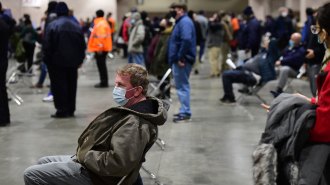 Health & Medicine
Health & MedicineHere’s what breakthrough infections reveal about COVID-19 vaccines
Studies analyzing vaccinated people in the real world show that COVID-19 vaccines are extremely effective, but experts are keeping an eye on variants.
-
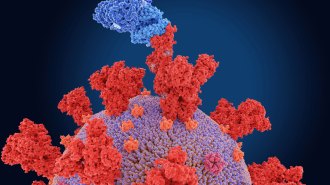 Health & Medicine
Health & MedicineHere’s what we know about B.1.1.7, the U.S.’s dominant coronavirus strain
Studies show the variant is more contagious and may cause more severe COVID-19 overall. But vaccines still work against B.1.1.7.